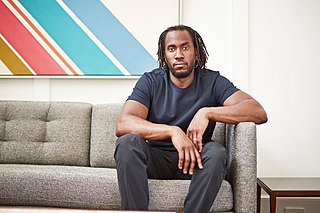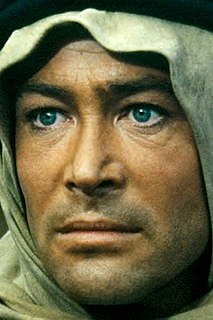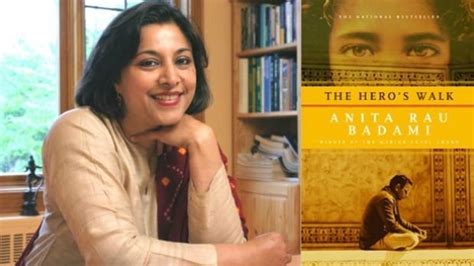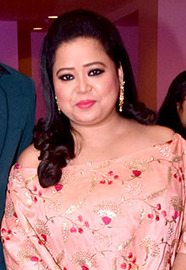A Quote by Rashid Johnson
Growing up in Chicago, there was a very particular type of home that would display the black Jesus figure. It wasn't a radical home. You wouldn't find these in a Black Panther house. There's still a strong allegiance to Christianity.
Related Quotes
We had to get out of Chicago so quick. Election night happens, suddenly I'm talking to Ben Bernanke and Hank Paulson and trying to figure out whether the world's going to fly apart, and Michelle is trying to figure out where the girls are going to go to school. And we pack up and leave and basically our house in Chicago just became like a time capsule. My desk in my home office still had stacks of articles and bills and stuff from 2008.
I grew up in a remarkable home, the middle of seven children. My parents raised us well. They loved us well. We laughed hard growing up. But being the middle child, I couldn't figure out where I fit in the home, whether I was the youngest of the older three or the oldest of the younger three. When you don't know where you fit inside the home and you're young and you're desperate to fit in somewhere, I'd figured where I would fit outside the home. So I made some bad decisions about who I hung out with, I dropped out of high school, got kicked out of the house.
I would say I'm black because my parents said I'm black. I'm black because my mother's black. I'm black because I grew up in a family of all black people. I knew I was black because I grew up in an all-white neighborhood. And my parents, as part of their protective mechanisms that they were going to give to us, made it very clear what we were.
A black shadow dropped down into the circle. It was Bagheera the Black Panther, inky black all over, but with the panther markings showing up in certain lights like the pattern of watered silk. Everybody knew Bagheera, and nobody cared to cross his path, for he was as cunning as Tabaqui, as bold as the wild buffalo, and as reckless as the wounded elephant. But he had a voice as soft as wild honey dripping from a tree, and a skin softer than down.
In most homes, from what I know of them, even though the woman's place in that particular home might be in the home, still, she is queen of her house. So I like exploring the many different incarnations of women in that country, actually. You find quite a range of these women in this book - each one of them embodies a completely different personality type. And how can you write a book that's only full of men, anyway? I mean, half the population of this world is women.
If I go home I'll see poverty, I didn't want to go home. No vegetables today. So make black tea and eat stuffed bread dipped in black tea. The noise from the machine while stitching dupattas. I've heard that for 21 years of my life because my mother used to stitch veils. I still get irked when I listen to it.


































